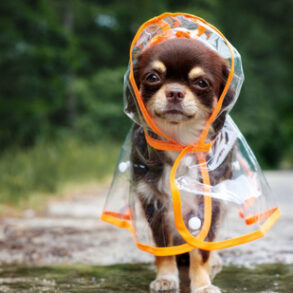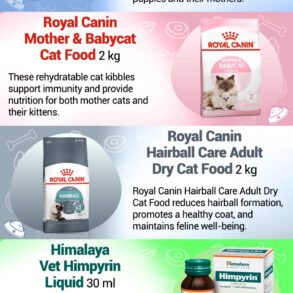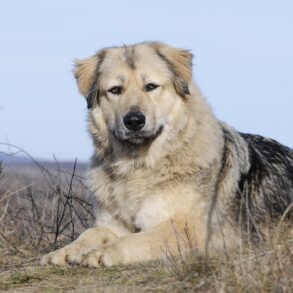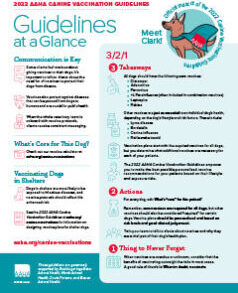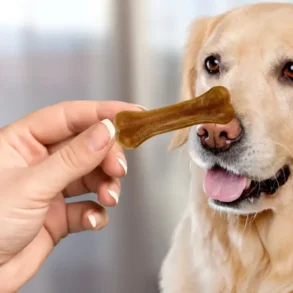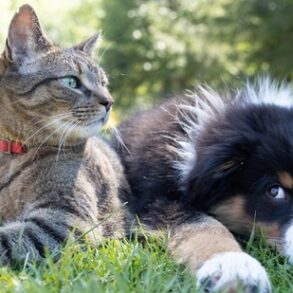
Picture this: It’s a chilly January evening, and you’re cozied up on the couch when suddenly, your furry friend starts spinning in circles, chasing their tail with wild abandon. You might chuckle, thinking it’s just a silly dog quirk, but the truth behind this behavior might surprise you. Discover why your canine companion’s tail-chasing antics are more than just wintertime boredom – it’s a complex interplay of instinct, health, and sometimes, underlying issues that demand our attention.
The Playful Puppy Perspective
For many young dogs, tail-chasing is simply part of growing up. Dr. Sarah Johnson, a veterinary behaviorist, explains, “Puppies often chase their tails as a form of self-discovery and play. It’s their way of figuring out their bodies and burning off excess energy.” This behavior is typically harmless and often adorable, much like how humans might playfully experiment with coordination.
When Boredom Strikes
As the winter months drag on, dogs can become restless. “My Border Collie, Max, starts chasing his tail when he’s cooped up indoors too long,” shares pet owner Lisa Thompson. “It’s his way of telling me he needs more stimulation.” To combat boredom-induced tail-chasing:
- Increase indoor playtime with interactive toys
- Practice short training sessions to engage their mind
- Consider puzzle feeders to make mealtime more challenging
The Attention-Seeking Spin
Some dogs learn that tail-chasing garners a reaction from their humans. It’s crucial to avoid reinforcing this behavior unintentionally. Instead, reward calm behavior and redirect their energy to more constructive activities, much like how humans might redirect unhealthy habits into positive lifestyle changes.
Medical Mysteries Behind the Chase
Tail-chasing can sometimes signal underlying health issues. Veterinarian Dr. Mark Stevens warns, “Persistent tail-chasing, especially in older dogs, warrants a check-up. It could indicate anything from skin irritations to neurological problems.” Common medical reasons include:
- Flea infestations or allergies
- Anal gland issues
- Tail injuries or pain
The Stress and Anxiety Factor
Just as humans might develop nervous habits, dogs can turn to tail-chasing as a coping mechanism for stress or anxiety. “Changes in routine, new environments, or even the post-holiday quiet can trigger anxiety in sensitive dogs,” explains canine behaviorist Emma Clark. Creating a calm environment and maintaining consistent routines can help alleviate stress-induced behaviors.
Breed-Specific Tendencies
Some breeds are more prone to tail-chasing than others. German Shepherds, Bull Terriers, and Terriers, in general, top the list. This genetic predisposition doesn’t mean it’s normal or healthy, especially if the behavior becomes compulsive. Just as humans might have genetic tendencies towards certain behaviors, it’s important to channel these instincts positively.
Breaking the Cycle: Tips for Pet Parents
If your dog’s tail-chasing is becoming problematic, try these strategies:
- Increase physical exercise, even in cold weather
- Provide mental stimulation through training and puzzle toys
- Consult with a veterinarian to rule out medical issues
- Consider working with a professional dog trainer for persistent cases
The Holistic Approach
Remember, your dog’s overall well-being impacts their behavior. Just as we might experiment with dietary changes for our health, consider your dog’s diet, exercise routine, and environmental enrichment. A balanced approach can often reduce unwanted behaviors naturally.
Understanding why dogs chase their tails is key to addressing the behavior effectively. Whether it’s a playful puppy phase or a sign of something more serious, being attentive to your furry friend’s needs is crucial. By providing proper care, stimulation, and, when necessary, medical attention, you can help ensure your dog’s tail-chasing stays in the realm of occasional fun rather than becoming a concerning habit. After all, a happy, healthy dog is more likely to wag their tail than chase it!
This post was originally published on this site be sure to check out more of their content.








